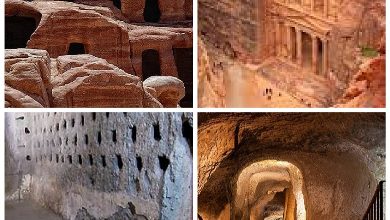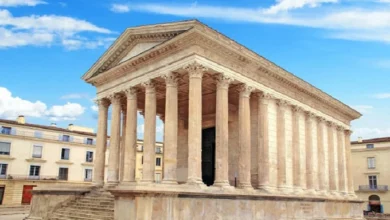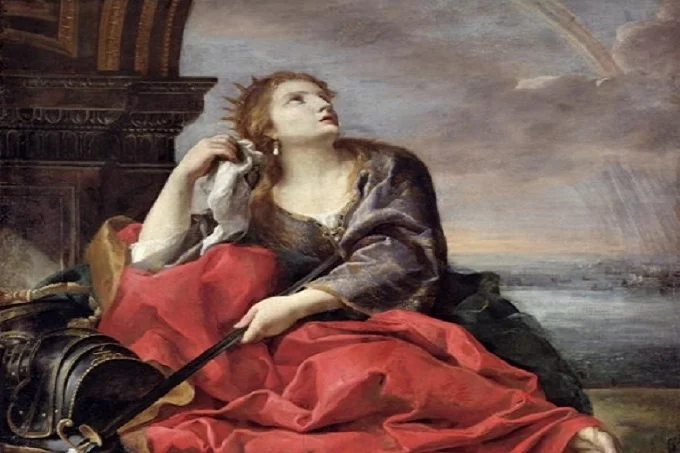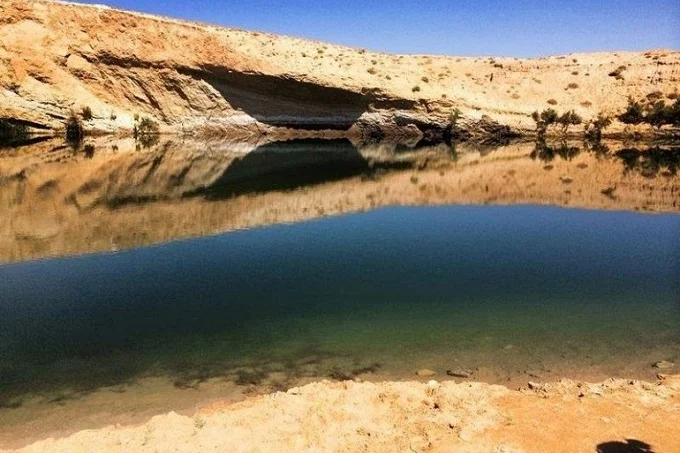Nour, blind and athlete: “I don’t see but I do high-level gymnastics”
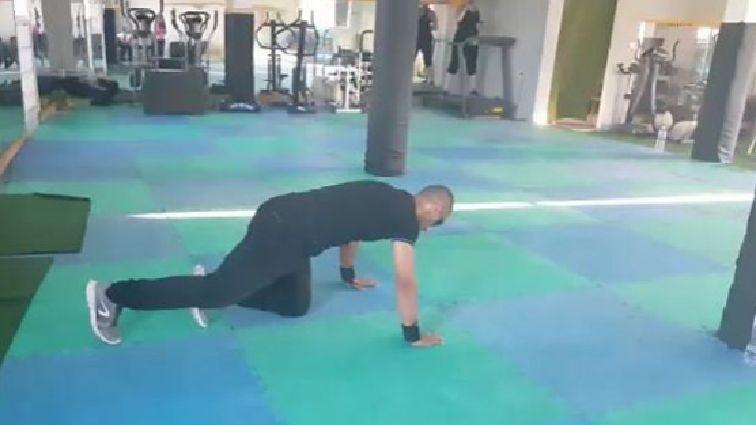
In Tunisia, it is only in the last few days that people with reduced mobility can obtain a driving license. The daily life in the country, however, remains difficult for the disabled, especially the blind. Nour wants to break prejudice and become a gymnastics champion.
Cladding, push-ups on a fixed bar and especially a lot of perspiration. In this sports hall on the southern outskirts of Tunis, Nour, 23, is a real star. According to BBC reports, the young man is a tireless sportsman, specialized in gymnastics, he combines acrobatics and balance under the eyes of other athletes.
In Tunisia, it is estimated that +200,000 people with disabilities according to the National Institute of Statistics.
Except that Nour is blind, these gestures he repeated hundreds of times to perfection. “I have a genetic eye disease and I need a walking stick. I don’t see it, but I do high-level gymnastics, it’s my body that guides me so I don’t fall. Of course, it’s hard to be blind, we don’t know what’s going on around us. But when I train I forget everything,” he explains to BBC correspondent.
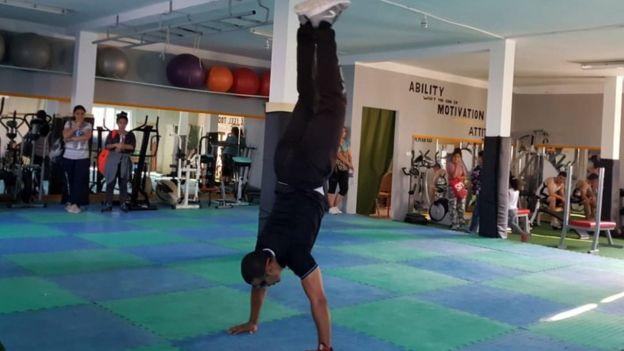
In Tunisia, according to the National Institute of Statistics, there are an estimated 200,000 persons with disabilities. 11% of them are blind or visually impaired due to congenital malformation or untreated diabetes.
The difficulties are numerous: bad infrastructures, obstacles on the sidewalks and especially the prejudices of the population, for some people, disability is perceived as a divine curse. It is because of the mockery that Latifa, the mother of Nour, did everything to integrate her son in the sport.
Today she says she is very proud. “It’s a birth condition, it was very hard, when he was little he never went out, the other kids were mean to him, and then one day I enrolled him in karate lessons and everything changed. He always jumped into the house,” she says.
In Tunisia, 40% of disabled people are unemployed while they are of working age. According to the Jamaity association, for the accessibility of disabled people, people with reduced mobility are still too marginalized since 2011, despite advances in their protection.
“Before 2011, in Tunisia, there was no question for the disabled to claim their rights or for organizations of people with disabilities to work on the defense of their rights. Today people with disabilities are able to defend themselves, many people have gathered in organizations, associations, we have also developed research that focuses on social protection which is a very important theme for people with disabilities,” he says.
At the commune level, initiatives are taken to help the disabled. This is the case of the city of Borj Cedria about twenty kilometers south-east of Tunis, Ibtissem Laabidi, member of the city council, trying to improve infrastructure at the level of trains and crosswalks.
“It is a reality that society works, transport in Tunisia lacks resources, the service remains below the expectations of users. That’s why we try to communicate with the associations, to solve the problems especially people with disabilities,” he added. And in the meantime, families of disabled people are getting organized…
In September, Nour will join a sports team for the blind in France. He hopes to show that it is possible to succeed despite his disability and prejudice. “I want to succeed in the sport and prove that we can do everything even with a disability, I am proud of my career, I have trained a lot and my life has changed through sport,” he says.
Since the revolution of 2011, the Tunisian disabled has earned an international reputation. Last February, the national team won no less than 23 medals at the Paralympic Games. A dream that would also love to touch Nour and reap the fruit of his years of efforts.

